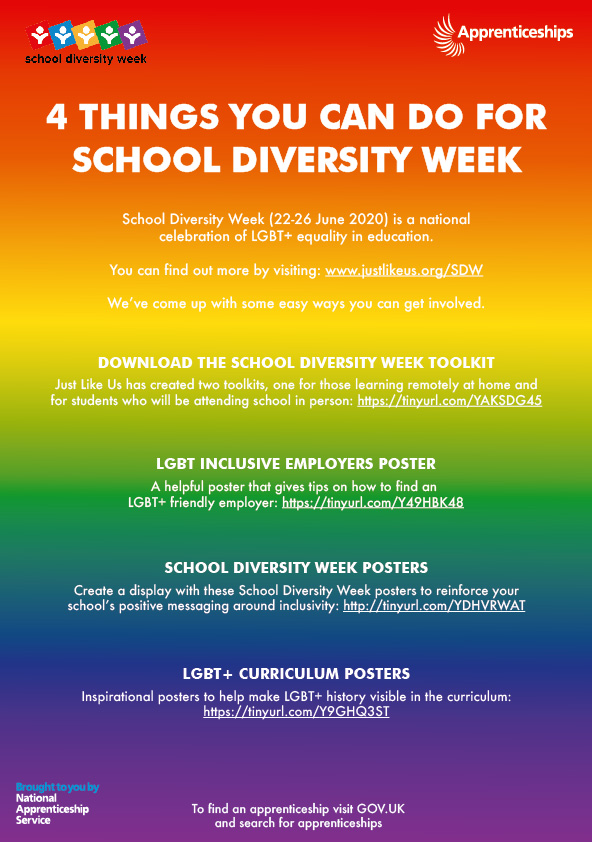

Three-quarters of the world’s major conflicts have a cultural dimension. The UNESCO Culture|2030 Indicators is a framework of thematic indicators whose purpose is to measure and monitor the progress of culture’s enabling contribution to the implementation of the SDGs. The 17 Sustainable Development Goals (SDGs) can best be achieved by drawing upon the creative potential of the world’s diverse cultures and engaging in continuous dialogue to ensure that all members of society benefit from sustainable development. With the adoption in September 2015 of the 2030 Agenda for Sustainable Development by the United Nations, and the resolution on Culture and Sustainable Development adopted by the UN General Assembly in December 2015, the message of the World Day for Cultural Diversity for Dialogue and Development is more important than ever. It also calls for substantial regulation of the digital sector, notably of the major platforms, for the benefit of online cultural diversity, artists’ intellectual property rights and fair access to content for all. These range from the social and economic rights of artists to artistic freedom, the right of indigenous communities to safeguard their ancestral knowledge, and the protection and promotion of cultural and natural heritage. The text defines a set of cultural rights that need to be taken into account in public policies. They unanimously adopted the historic Declaration for Culture affirming culture as a “global public good” and calling for it to be integrated “as a specific goal in its own right” in the development agenda beyond 2030. In a bid to change this, in September 2022, delegations from 150 States gathered in Mexico for MONDIACULT 2022, the largest world conference devoted to culture in the last 40 years.

However, the cultural and creative sector still does not have the place it deserves in public policies and international cooperation. It is also the sector that employs and provides opportunities for the largest number of young people under the age of 30.

It accounts for more than 48 million jobs globally –almost half of which are held by women – representing 6.2% of all existing employment and 3.1% of global GDP. With 89% of all current conflicts in the world occurring in countries with low intercultural dialogue, to forge effective cooperation and sustain peace, strengthening intercultural dialogue must be a priority.Īccording to UNESCO data, the cultural and creative sector is one of the most powerful engines of development worldwide. Held every year on 21 May, UNESCO leads the celebration of World Day for Cultural Diversity for Dialogue and Development highlighting not only the richness of the world’s cultures, but also the essential role of intercultural dialogue for achieving peace and sustainable development. Protecting the diversity of cultural expressions is more important than ever


 0 kommentar(er)
0 kommentar(er)
